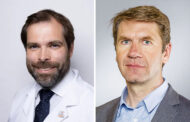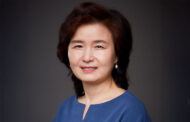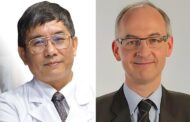Oncology can be a tough niche in patient care. Effective cancer treatments can bring unpleasant, sometimes unbearable, side effects. Recurrence is common, mortality rates are high, and patients are stressed.
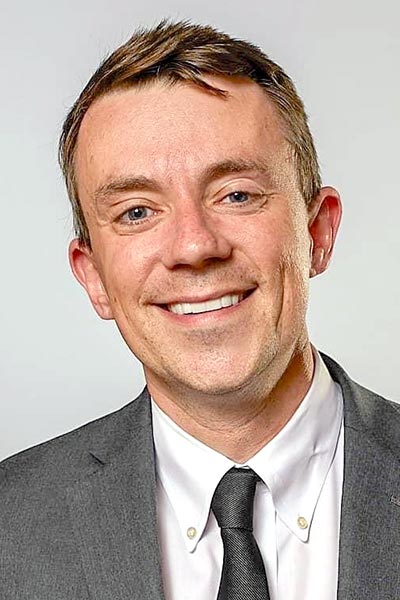
“When you have a practice with a far-from-zero rate of death, people are going to be upset,” said Mark Lewis, MD, Director of Gastrointestinal Oncology for Intermountain Health, Murray, Utah. “And they deserve to be upset.”
Surgical oncologists have an established mechanism for professional critique. Morbidity and mortality (M&M) conferences provide routine peer review of a surgeon’s approaches and outcomes. Medical oncologists more often review their own performance.
“We basically convene our own M&M conference in our head,” Dr. Lewis said. “And since it is usually a personal exercise and not a jury of your peers, it is quite easy to get too self-critical, especially in areas like lung cancer where outcomes can be dismal.”
Poor patient outcomes can provoke oncologists to question their own abilities. To help physicians process such situations, Dr. Lewis will draw on his life as an oncologist and cancer survivor during a Health & Wellbeing session titled Navigating the Emotional Aftermath of Challenging Patient Outcomes. The session will take place from 12:30 – 13:30 PDT on Monday, September 9, in Room 22 at the San Diego Convention Center.
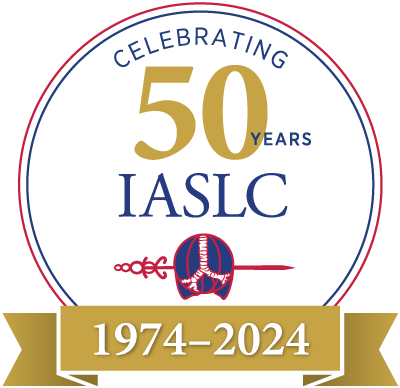
12:30-13:30 PDT, Monday, September 9
Room 22, San Diego Convention Center
Health & Wellbeing Session
Mark Lewis, MD, aims to help oncologists navigate challenging patient outcomes, which can cause physicians to question their abilities.
Earlier in his career, an unexpected series of patient deaths left Dr. Lewis questioning his own abilities and worth as an oncologist.
“When I was in fellowship, my head faculty member said to me ‘It’s better to be a lucky oncologist than a good one,’” Dr. Lewis recalled. “It took me decades of my own independent practice to really see that we don’t see our worth, as physicians, the same way our patients do.”
And sometimes poor outcomes provoke patients’ anticipatory grief response.
Cancer is a lifetime diagnosis whether individual survival is measured in weeks and months or years. Consciously or unconsciously, patients often begin to mourn their own impending death. Denial is the first stage of grief, typically followed by anger.
“I had a series of pretty angry folks to soothe recently,” Dr. Lewis said. “People who start out nice and as gentle as could be can suddenly show up at the front desk being super demanding. It’s not us, the healthcare providers, who are the core problem. The cancer is the problem, but we are the visible, tangible name and face for the problem. Before you write a patient off as belligerent or difficult, realize there may be something more going on.”
There can be more going on personally as well.
Dr. Lewis was told in medical school that oncologists have as close a relationship with their patients as any specialty except psychiatry. But that closeness can lead to countertransference with feelings for the patient impinging on professional judgment.
“These are difficult diseases to treat, so when survival isn’t as long as we would hope, it doesn’t necessarily mean that we’re bad at our jobs,” Dr. Lewis said. “It just means this is a challenging illness. I hope that my colleagues can give themselves the grace to recognize that.”
It can be just as easy, and just as misleading, to assume that every patient is going to do poorly.
“There is some calibration that has to happen between expecting every one of your patients to be cured and expecting all of them to die,” Dr. Lewis said. “The reality is somewhere in the middle. It takes a bit of grace on both sides; grace to yourself as a practitioner and grace to your patient who is going through one of the hardest, if not the hardest, times in their life.”



